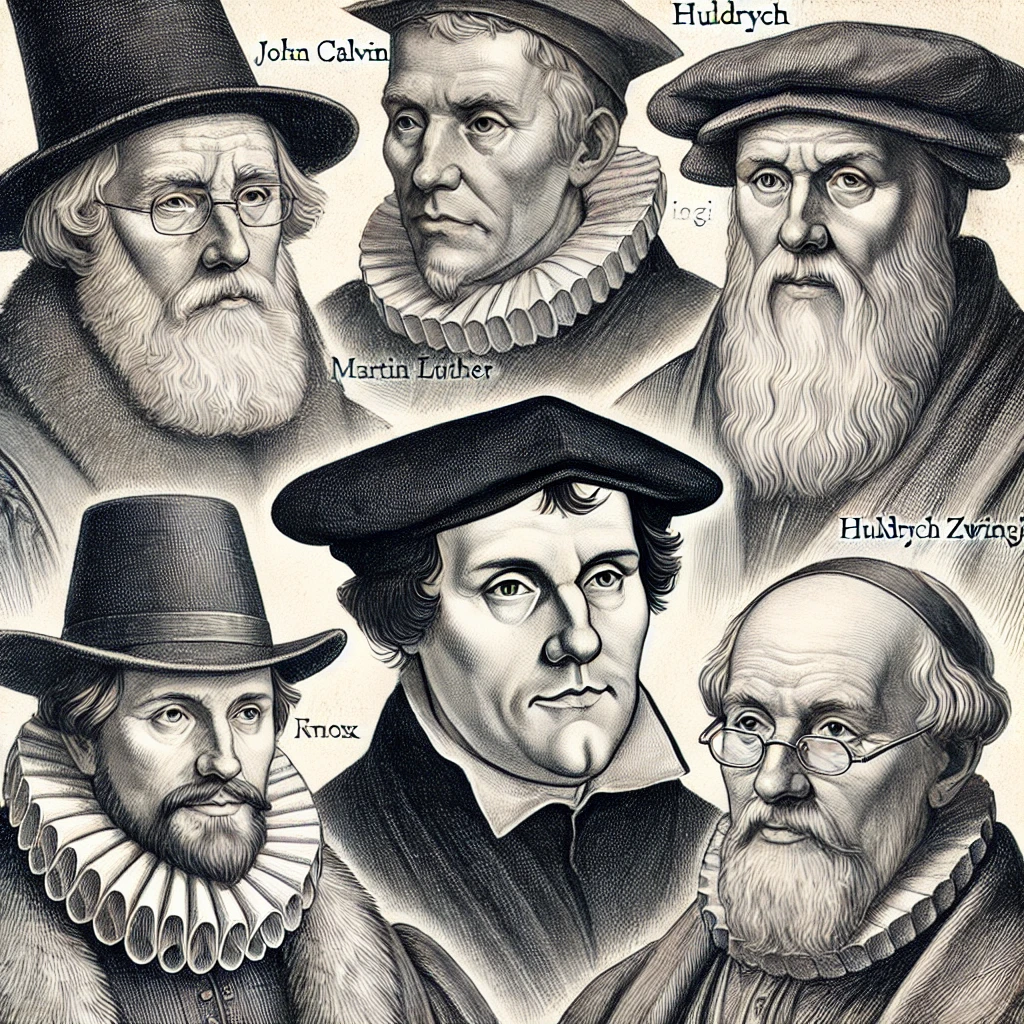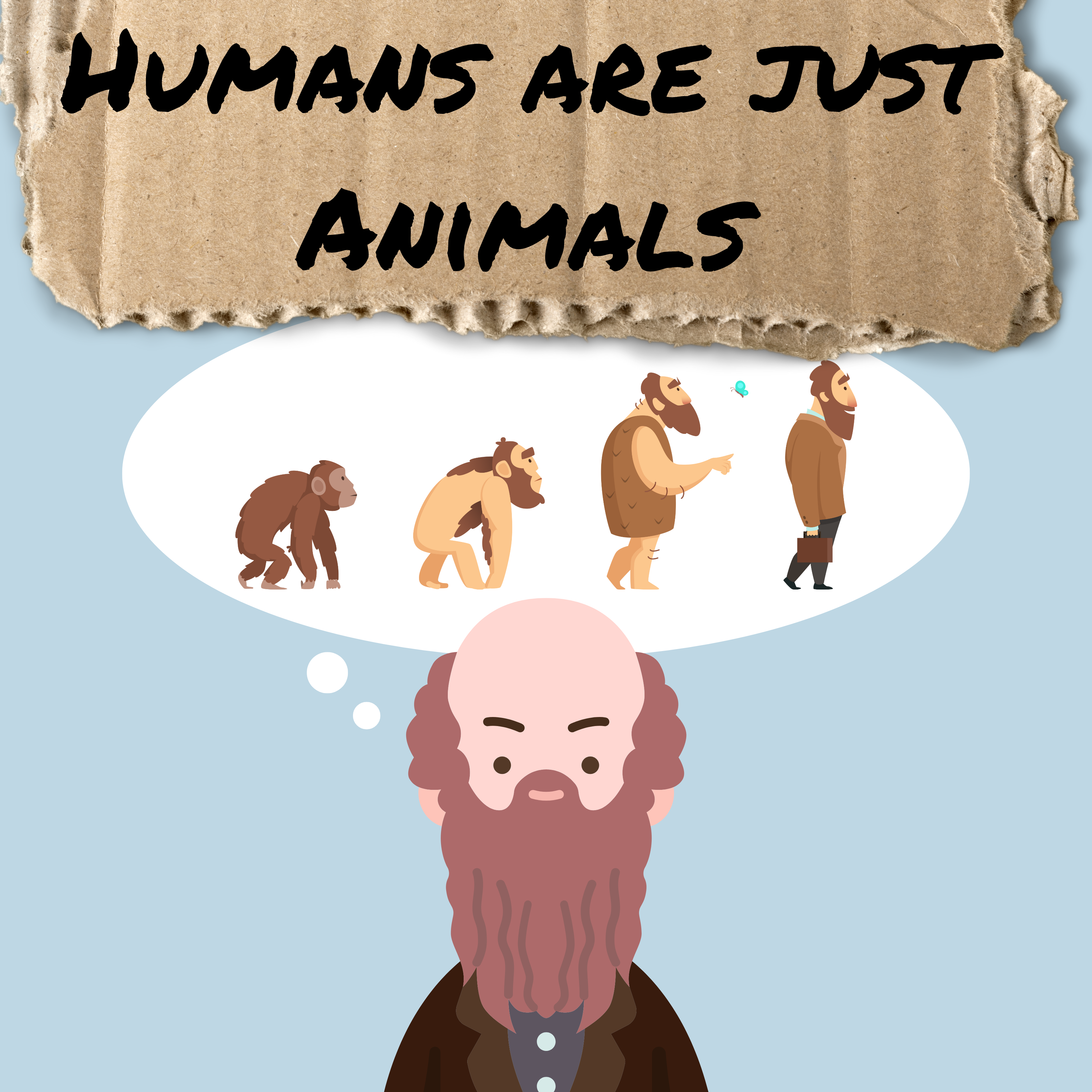
The concept of “Kenosis,” derived from the Greek word “κένωσις,” is a profound theological term that has captivated scholars, theologians, and believers alike. It refers to the idea of self-emptying or self-renunciation and is most notably discussed in the context of Jesus Christ’s incarnation and His subsequent life on earth.
Biblical Foundation of Kenosis
The doctrine of Kenosis is rooted in the passage from Paul’s letter to the Philippians, specifically Philippians 2:7, which states that Jesus “emptied himself, by taking the form of a servant, being born in the likeness of men.” This self-emptying is not to be understood as Jesus losing His divinity, but rather as the Son of God choosing not to cling to His equality with God but humbling Himself in the service of humanity.
Theological Implications
Kenosis has significant implications for Christian theology. It is a cornerstone for understanding the mystery of the Incarnation — God becoming human in the person of Jesus Christ. This self-emptying is a powerful demonstration of God’s love and humility. It encapsulates the paradox of the divine becoming vulnerable, the Almighty taking on the limitations of human flesh.
The Model of Humility
In the Kenotic act, Jesus becomes the ultimate model of humility and service. By emptying Himself of divine privilege, Jesus is able to fully identify with the human condition — its suffering, temptation, and mortality. Yet, even in this state, He remains sinless and obedient to God’s will, even to the point of death on a cross. This humility and obedience become the path to exaltation and the name above all names, as Paul continues in Philippians 2:9-11.
The Challenge of Kenosis
Kenosis also presents a challenge to believers. It calls them to adopt the same mindset as Christ Jesus (Philippians 2:5), to live a life of humility, selflessness, and obedience to God. It beckons Christians to consider how they might “empty themselves” in service to others, embodying the sacrificial love that Jesus demonstrated.
Kenosis and the Christian Life
The concept of Kenosis resonates through the Christian life as a dynamic action rather than a one-time event. It invites an ongoing attitude of self-denial in favor of God’s purposes and others’ needs. It is reflected in acts of charity, forgiveness, patience, and the general relinquishing of personal rights for the sake of the Gospel.
Conclusion
Kenosis is a profound mystery that lies at the heart of the Christian faith. It encapsulates the descent of God into human form, the willingness to embrace humanity with all its frailties, and the ultimate act of love demonstrated through the life and death of Jesus Christ. Kenosis is not just a doctrine to be studied but a reality to be lived — a call to embody the self-giving love of Jesus in every aspect of life. As such, it remains a vital aspect of Christian reflection and discipleship, shaping the believer’s journey toward Christlikeness.






